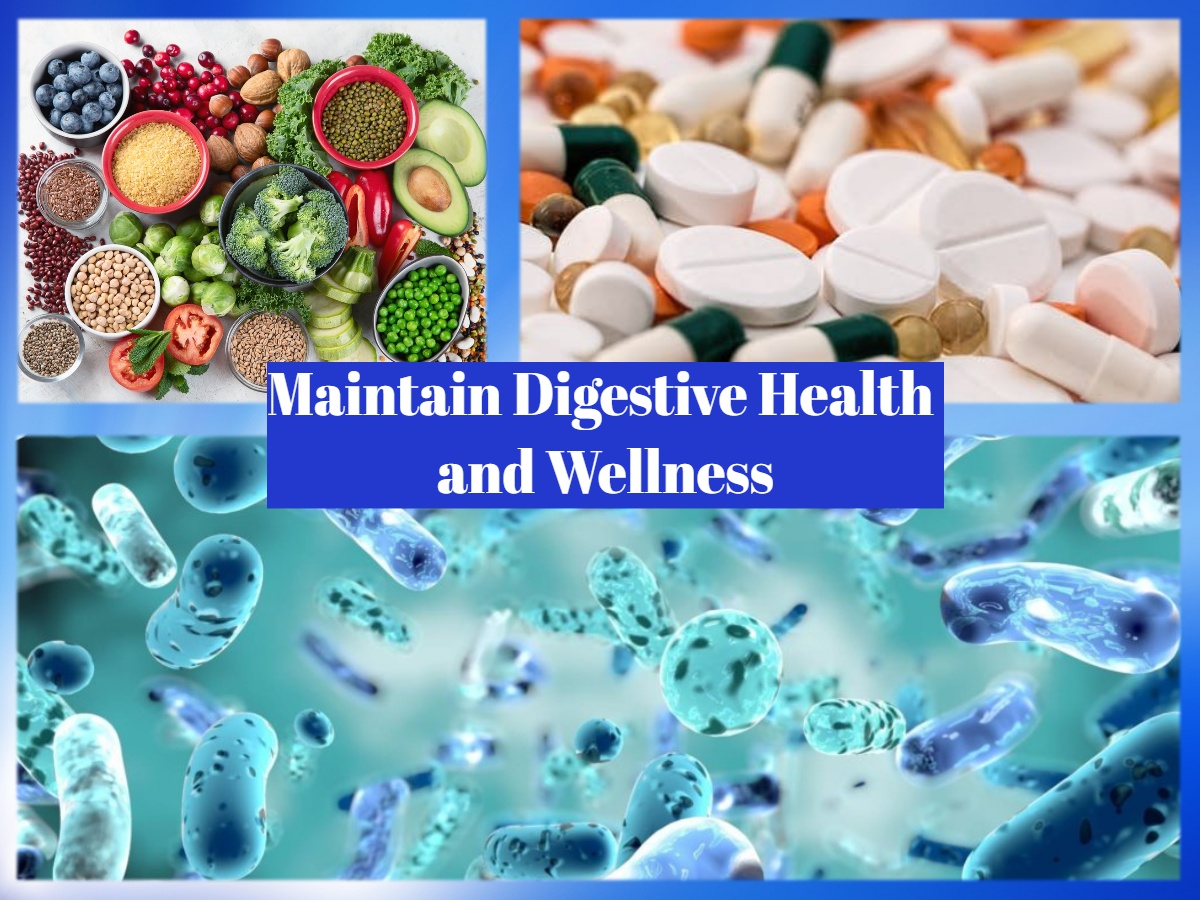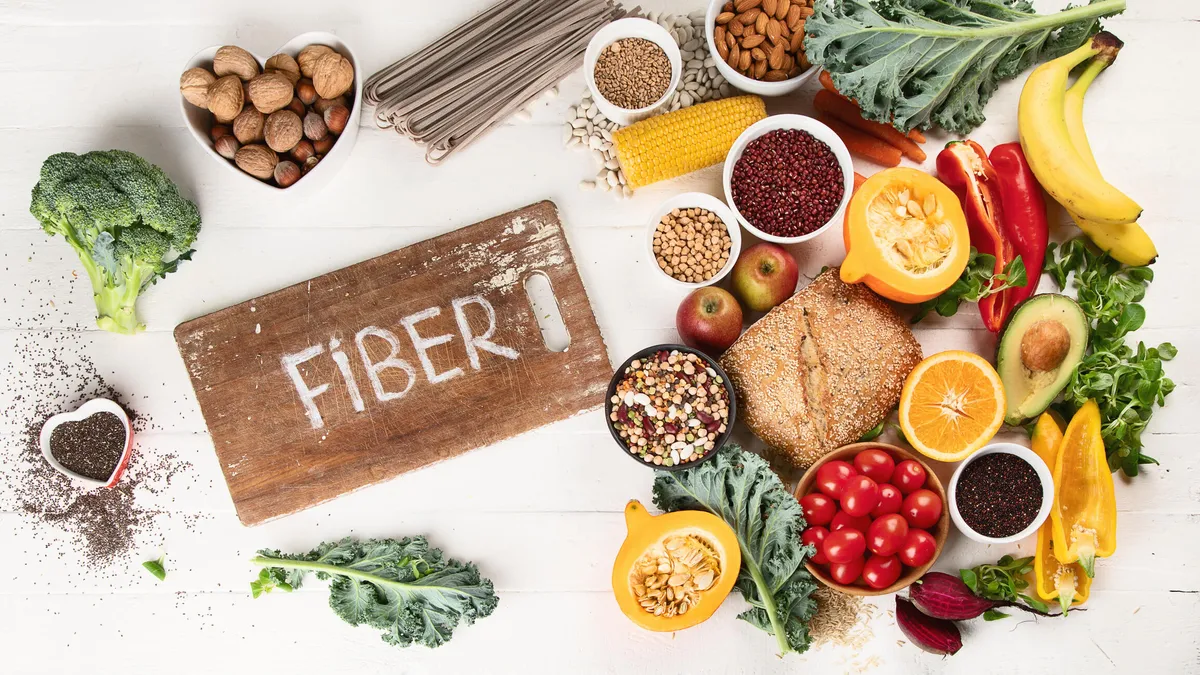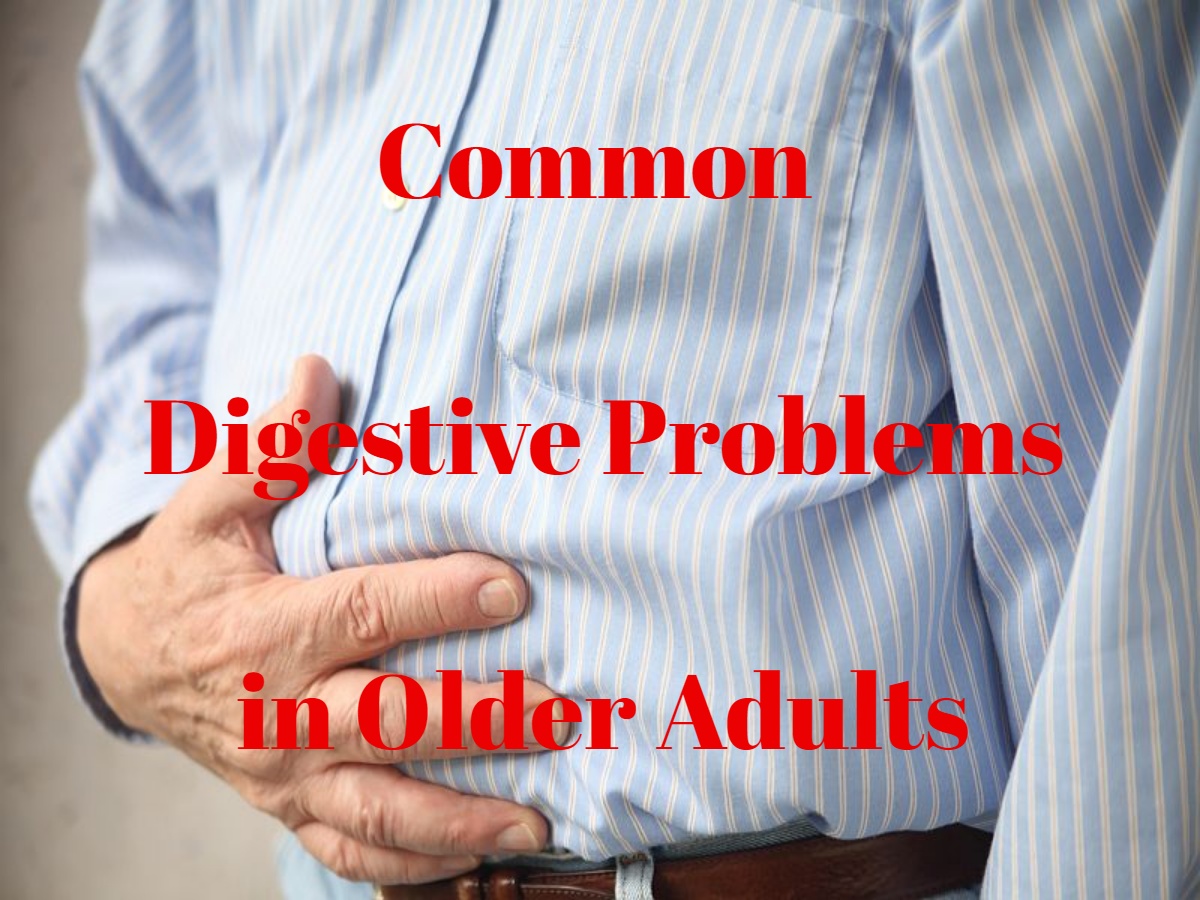Good digestive health is fundamental to overall well-being, and one of the key markers of a healthy digestive system is regular and comfortable bowel movements. Constipation, characterized by infrequent or difficult bowel movements, can disrupt daily life and lead to discomfort. However, by incorporating certain supplements, probiotics, and mindful dietary practices, it’s possible to maintain optimal digestive function and prevent constipation from occurring.
Table of Contents:
Understanding Preventative Measures for Constipation:
Constipation, a common digestive issue characterized by infrequent bowel movements or difficulty passing stool, can significantly impact one’s quality of life.

- Fortunately, several preventative measures can help maintain optimal digestive health and reduce the risk of constipation.
- By adopting a proactive approach that focuses on lifestyle modifications, dietary changes, and holistic wellness practices, anyone can support their digestive systems and prevent constipation from occurring.
- However, if constipation persists despite these efforts or is accompanied by severe symptoms such as abdominal pain, bloating, or rectal bleeding, it’s important to consult with a healthcare professional for proper evaluation and treatment.
- Taking proactive steps to maintain digestive wellness is key to enjoying a healthy and comfortable life.
Digestive Supplements to Prevent Constipation and Support Digestive Health:

- Fiber Supplements:
- Fiber plays a crucial role in maintaining regular bowel movements by adding bulk to stool and promoting its passage through the digestive tract.
- Incorporating fiber supplements such as psyllium husk, methylcellulose, or glucomannan into the diet can help ensure an adequate intake of dietary fiber, especially for individuals who struggle to consume enough fiber-rich foods.
- Magnesium:
- Magnesium is a mineral that acts as a natural laxative by promoting muscle relaxation in the intestines.
- Supplementing with magnesium citrate or magnesium oxide can help prevent constipation and support overall digestive health.
- It’s essential to consult a healthcare professional to determine the appropriate dosage of magnesium supplementation.
- Digestive Enzymes:
- Digestive enzymes aid in the breakdown of food molecules, facilitating proper digestion and nutrient absorption.
- Supplementing with digestive enzymes such as amylase, protease, and lipase can support the digestive process and reduce the likelihood of constipation, particularly in individuals with enzyme deficiencies or digestive issues.
Probiotics to Reduce the Risk of Constipation:

- Probiotics are beneficial bacteria that contribute to a healthy gut microbiome, which plays a crucial role in digestive function.
- By maintaining a balanced microbiome, probiotics help regulate bowel movements and reduce the risk of constipation.
- Consuming probiotic-rich foods like yogurt, kefir, sauerkraut, and kimchi, or taking probiotic supplements containing strains like Lactobacillus and Bifidobacterium, can promote digestive wellness and prevent constipation.
Detox Diets to Improve Overall Health:
- Detox diets have gained popularity in recent years as a means to cleanse the body of toxins, promote weight loss, and improve overall health.
- While the effectiveness and scientific basis of detox diets remain debated, certain dietary practices associated with detoxification may indeed support digestive health and reduce the risk of constipation.

Here’s how detox diets can play a role in preventing constipation:
- Increased Water Intake:
- Many detox diets emphasize hydration as a fundamental component.
- Drinking an adequate amount of water throughout the day is essential for maintaining proper hydration levels, softening stool, and promoting regular bowel movements.
- Adequate hydration helps prevent constipation by keeping the stool soft and easy to pass.
- Emphasis on Fiber-Rich Foods:
- Detox diets often encourage the consumption of whole, unprocessed foods that are naturally high in fiber.
- Fiber adds bulk to stool, promotes bowel regularity, and prevents constipation.
- Incorporating plenty of fruits, vegetables, whole grains, legumes, nuts, and seeds into your detox diet provides essential dietary fiber to support digestive health.
- Elimination of Processed Foods:
- Detox diets typically involve avoiding processed foods high in refined sugars, unhealthy fats, and artificial additives.
- These processed foods can contribute to digestive issues, including constipation.
- By eliminating or minimizing processed foods from your diet, you reduce the intake of substances that may disrupt digestive function and promote constipation.
- Incorporation of Herbal Teas:
- Some detox diets include herbal teas known for their digestive benefits.
- Certain herbal teas, such as peppermint, ginger, dandelion, and licorice root, have mild laxative properties and can help stimulate bowel movements.
- Drinking herbal teas as part of your detox regimen can aid in relieving constipation and promoting digestive wellness.
- Intermittent Fasting:
- Certain detox diets incorporate intermittent fasting, which involves alternating periods of eating and fasting.
- Fasting periods give the digestive system a break and allow it to rest and reset.
- While intermittent fasting may not be suitable for everyone, some people find that it promotes better digestion and reduces the risk of constipation.
- Focus on Nutrient-Dense Foods:
- Detox diets often prioritize nutrient-dense, whole foods that are rich in vitamins, minerals, antioxidants, and other essential nutrients. These nutrient-rich foods support overall health and provide the necessary nutrients for optimal digestive function. A well-nourished digestive system is better equipped to prevent constipation and maintain regular bowel movements.
While detox diets may offer some benefits for digestive health and for reducing the risk of constipation, it’s essential to approach them with caution. Rapid or extreme detoxification protocols may not be suitable for everyone and could lead to nutritional deficiencies or other adverse effects. It’s crucial to consult with a healthcare professional or registered dietitian before embarking on any detox diet to ensure it is safe and appropriate for your individual needs and health goals. Additionally, focusing on long-term dietary and lifestyle changes rather than short-term detoxes is key to maintaining digestive wellness and preventing constipation effectively.
Conclusion:
Maintaining digestive wellness is essential for overall health and vitality. By incorporating digestive supplements, probiotics, and mindful dietary practices into daily life, individuals can support their digestive systems and reduce the risk of constipation. However, it’s important to remember that individual responses to supplements and dietary changes may vary, so consulting with a healthcare professional before making significant changes is advisable. With proactive measures and a holistic approach to digestive health, preventing constipation becomes achievable, allowing individuals to enjoy optimal well-being and quality of life.










